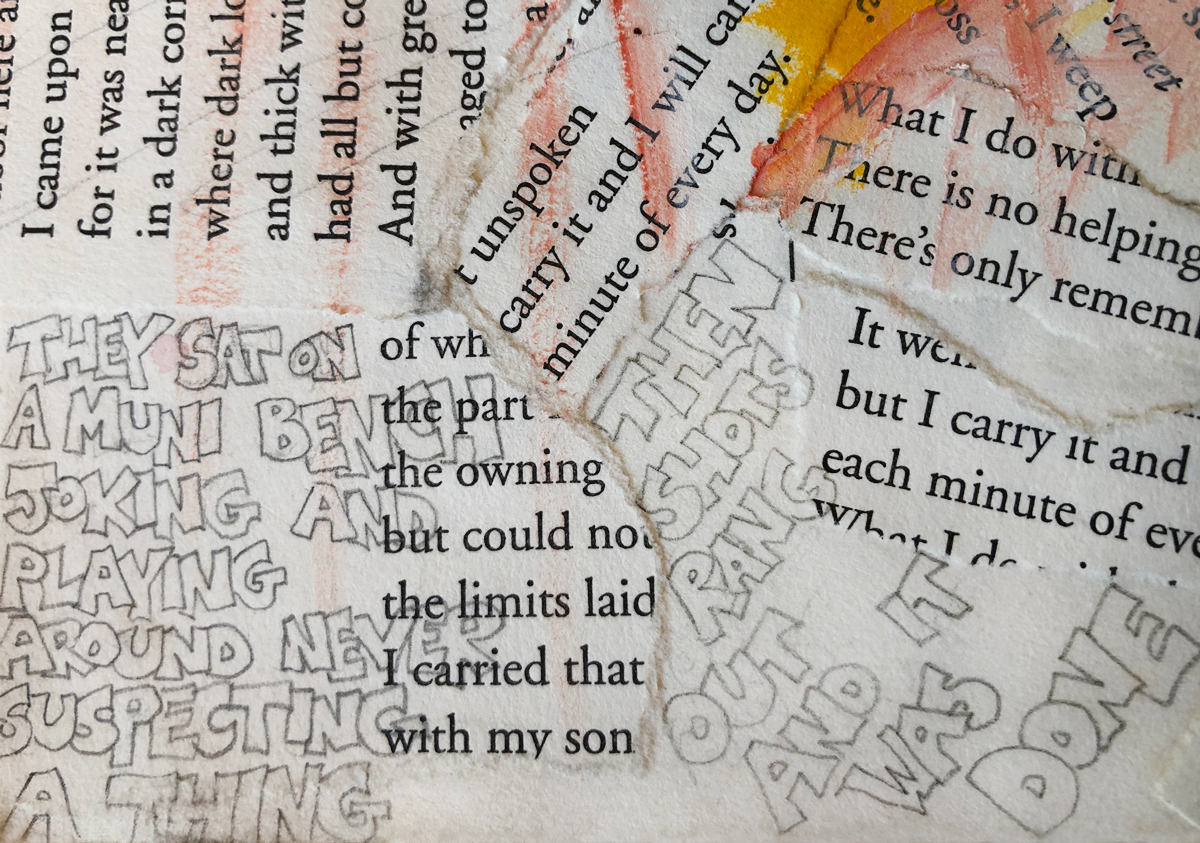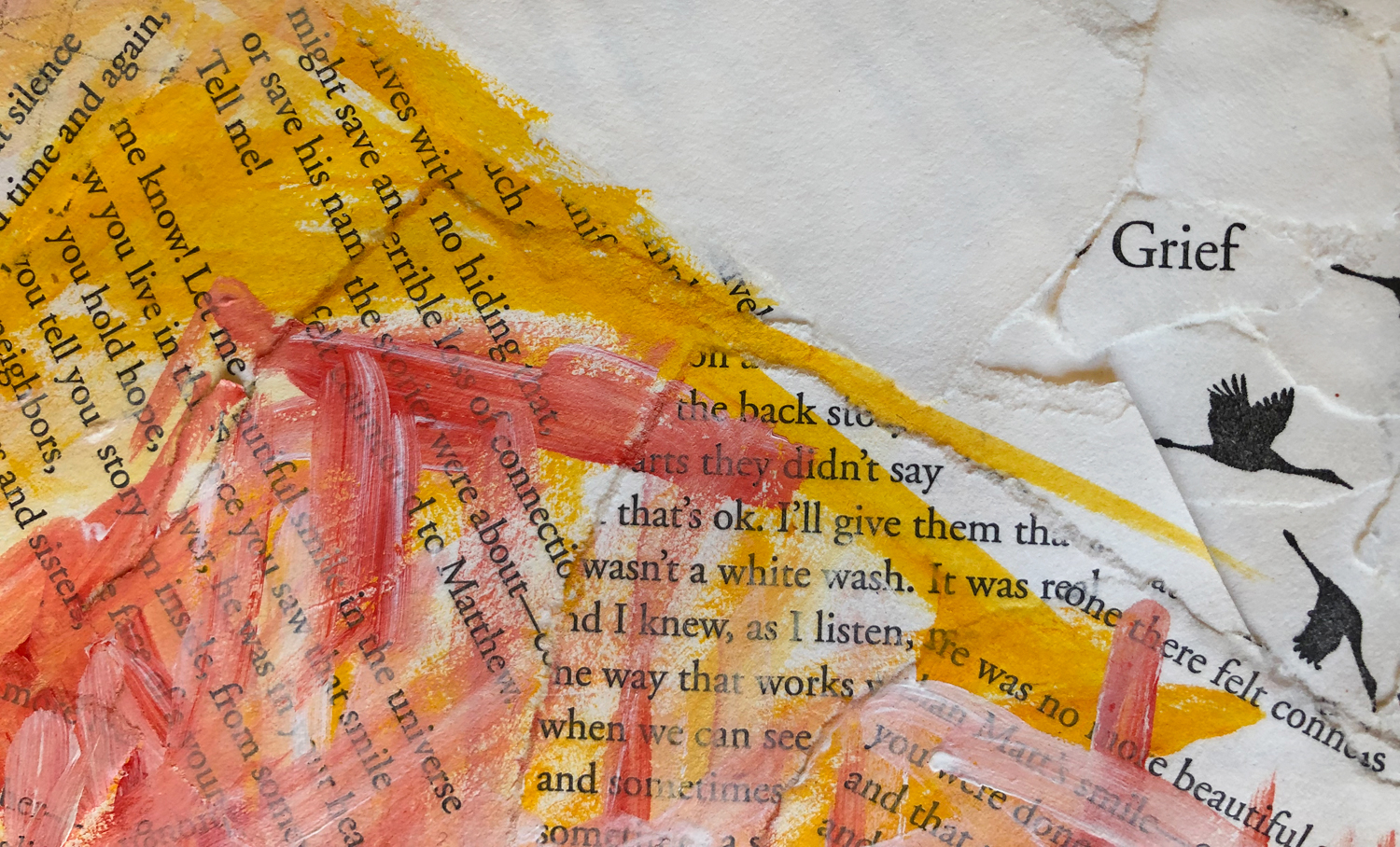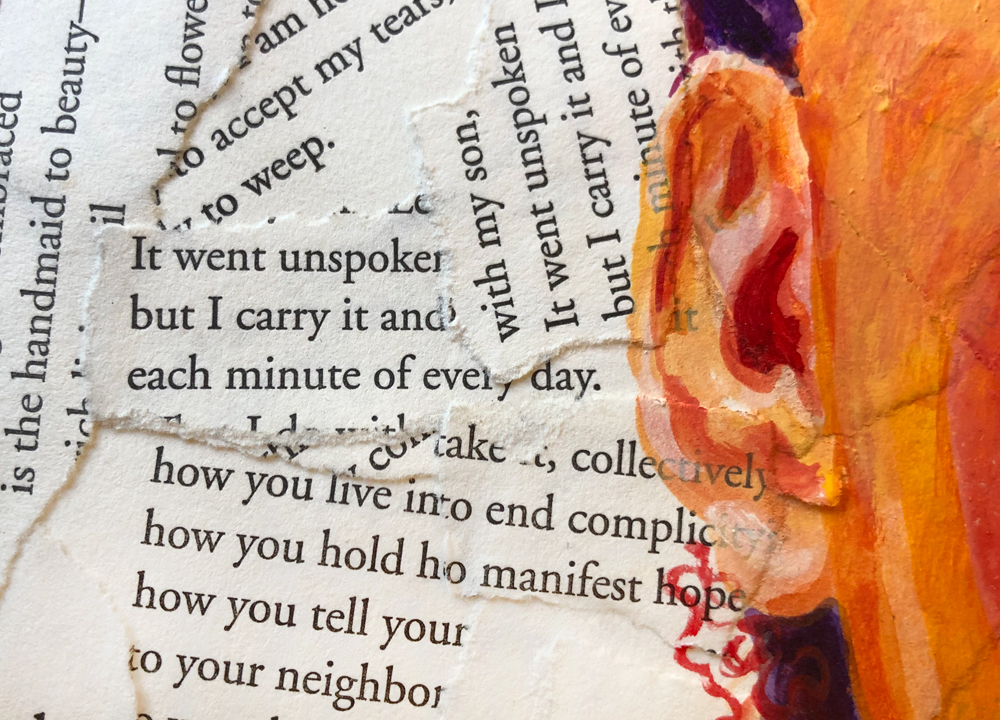
“Even the quest for justice can turn into barbarism if it is not infused with a quality of mercy, an awareness of human frailty and a path to redemption. The crust of civilization is thinner than you think.” – David Brooks, The Cruelty of Call-out Culture, NT Times, January 14, 2019
“Under the new outlook multiplicity of material wants will not be the aim of life the aim will be rather their restriction consistently with comfort. We shall cease to think of getting what we can but we shall decline to receive what all cannot get.” – M.K. Gandhi, Young India, 3-9-25, 305
“I do not believe in the doctrine of the greatest good of the greatest number. It means in its nakedness that in order to achieve the supposed good of fifty-one per cent, the interest of forty-nine percent may be, or rather, should be sacrificed. It is a heartless doctrine and has done harm to humanity. The only real, dignified, human doctrine is the greatest good of all, and this can only be achieved by uttermost self-sacrifice.” – M.K. Gandhi, The Diary of Mahadev Desai-I, (1953), p. 149
“[In Satyagraha] violence is eliminated and a Satyagrahi gives his opponent the same independence and feelings of liberty that he reserves to himself and he will fight by inflicting injuries on his own person.”
– M.K. Gandhi, Non-violent Resistance (Satyagraha), Schocken Books, NY City, 1961, p. 20
Imagination
At the end of Part III, I asked something of you.
I asked you, using the imperative voice, to exercise your imagination.
You might say, I gave you a command to imagine a horrendous scene, to imagine that you were a participant in that terrible act of necklacing, both as a victim and as a perpetrator.
I asked you to do this, understanding how difficult it may have been to do it, to help you see the underlying foundation of my understanding of the meaning of justice. If you found it too difficult to do, I would urge you to go back and try again. Try to put yourself in that situation, both as victim and as perpetrator.
For you see, imagination is the key component to the exercise of being just, of implementing justice.

Each person, in any given circumstance, must be able to imagine what the other person or person’s experience or experiences have been. In order to be able to do this they have to be able to look at themselves honestly—no holds barred. This was the lesson I learned from Matthew’s murder. Like Ta-Nehisi Coates, so taught by his mother’s ruthless interrogation, I learned that I was not an innocent. From that liminal perception that I had pulled the trigger, that I had actually killed him, I was forced to look at myself and own how I had and how I continue, in actuality, to annihilate another when I pass judgment upon them without pursuing an understanding of who they are, without reaching out to them to listen, to hear their story, as Gandhi said, we must give the other “the same independence and feelings of liberty that” we reserve to ourselves. We must imagine that we are the same, regardless of the differing circumstances of our individual lives.
Without this kind of imagination, the compassion that Jesus felt for the marginalized and dispossessed could not happen. As Brueggemann said, “Compassion constitutes a radical form of criticism, for it announces that the hurt is to be taken seriously, that the hurt is not to be accepted as normal and natural but is an abnormal and unacceptable condition for humanness.” So the hurt that arises from a system of retribution, should not call forth from us further retribution—a life for a life—but should call forth from us an effort at understanding the origins of such hurt, not so to excuse or to discount the actual hurt but to help us, together—victim and perpetrator—come, jointly, to an imaginative solution.
So, in the case of looking for justice with Matthew’s accused killers, I must be willing and able to exercise my imagination, to know that I am not an innocent, to first of all listen to their stories with compassion. I would also ask that they listen to mine, but the responsibility is initially upon me to establish the environment where these three young men—Luis, Josue and Eddie—would feel comfortable enough, trusting enough to speak honestly. This is a high order for we are operating within a retributive justice system, a system that has no imagination, a system that asks us to punish wrong doing in a totally unimaginative way—an eye for an eye, a life for a life—no recognition of our humanness, of our ability to have an imagination, to have a life of the spirit, of our ability to learn, to grow and to change. If we can get to this point—there are no guarantees that we will be able to do so—we can have a conversation.

We can explore ways that these three young men might be able to imagine a different way of living. For, I’m guessing, that their lives have been lived in the shadow of our numb, dominant culture, embracing its retributive nature, to the maximum. According to the indictment Matthew and Noel were killed “in retaliation for the murder of a fellow gang member earlier that day”—a life for a life.
So for these three young men to arrive at a place of trust, when surrounded and subsumed by the dominant culture and their subculture, both of which operate without any affirmation of one’s humanness, without any imagination, without any compassion, when facing the threat of retaliation, of execution, when facing their own deaths in exchange for the lives they have taken—to arrive at this place of trust, will be, to say the least, a herculean task.
But it is the only task before me—the only task.
How could I do otherwise? How could I turn my back on our likeness, our humanness? How could I not give everything I am able to give to help these three young men to recognize themselves as human beings who have made a terrible mistake and to help them to have a genuine desire to change, to live their own lives in a more honest and conscious way.
Have I not been given the commandment to love my neighbor? Are not these three young men my neighbors?

If we can get to this point, we will have arrived at the beginning of a restorative justice process. What that looks like? I have no idea but I am certain that it is the only path to justice in the murders of Matthew and Noel.
I am encouraged by the work of Valarie Kaur and her vision of revolutionary love, her embrace of the humanness of us all. In her recent conversation with Parker Palmer, they talk about the need for “open heart surgery,” by which they are acknowledging the need for each of us to look inside ourselves, to discover what is there in all its complexity and messiness and then to bear our hearts, to become entirely vulnerable with each other, to trust that we will be seen and held as human, which trust depends, I reiterate, upon our exercising our imagination and not giving in to our self-protective fear or our reflexive judgments, as a way forward within our broken, numb culture.
Imagine that!
On Christmas Morning
To love is to love deeply
There is no other way.
To love deeply is to suffer
and to know that suffering,
for love comes only from an open heart—
an open heart does not open here and close there.There is, for sure, a powerful suffering that comes
from closing one’s heart but being closed is being closed,
closed even to the knowing of that pain
that comes from our self-inflicted wound,
our slamming of the door, whether from anger or from fear,
from confusion or from ignorance, it makes no matter—
a closed heart is closed, from the inside, out
and from the outside, in
and has no memory of what it is to be a heart—
yet, heart it has been and heart it may be, again—
so, always, there is that hope.

